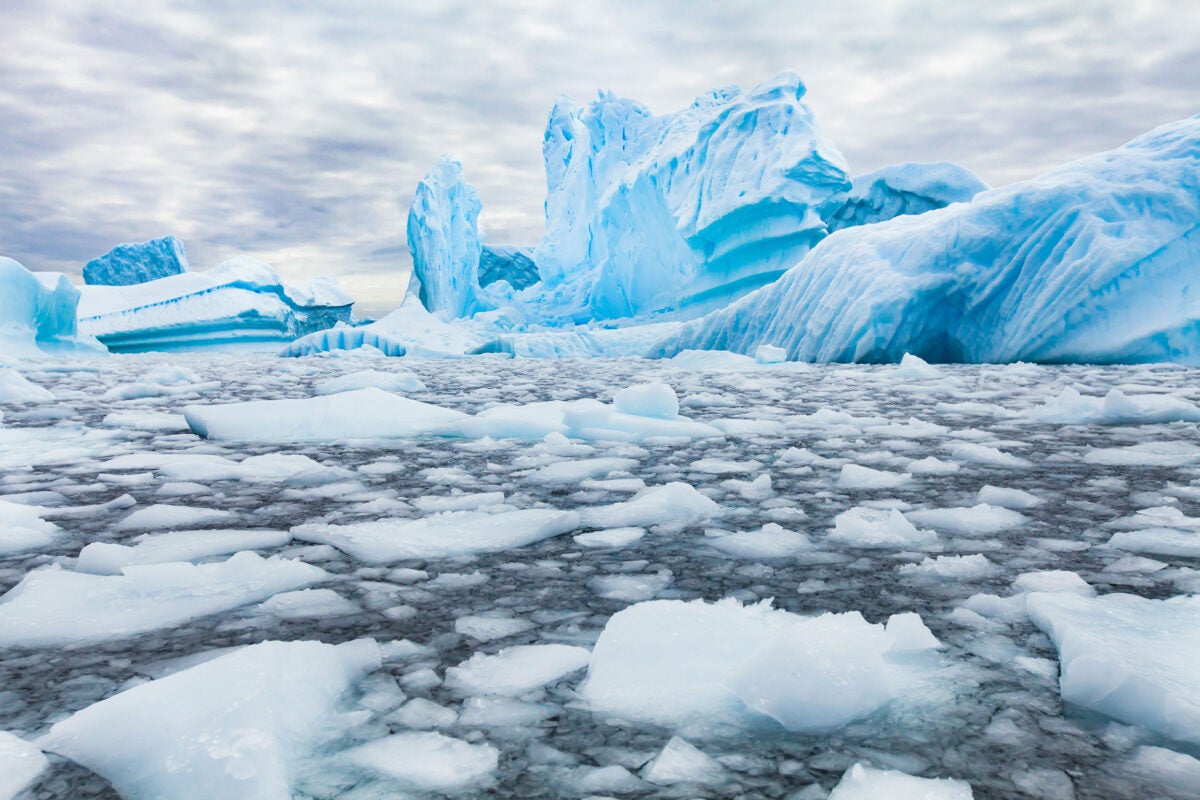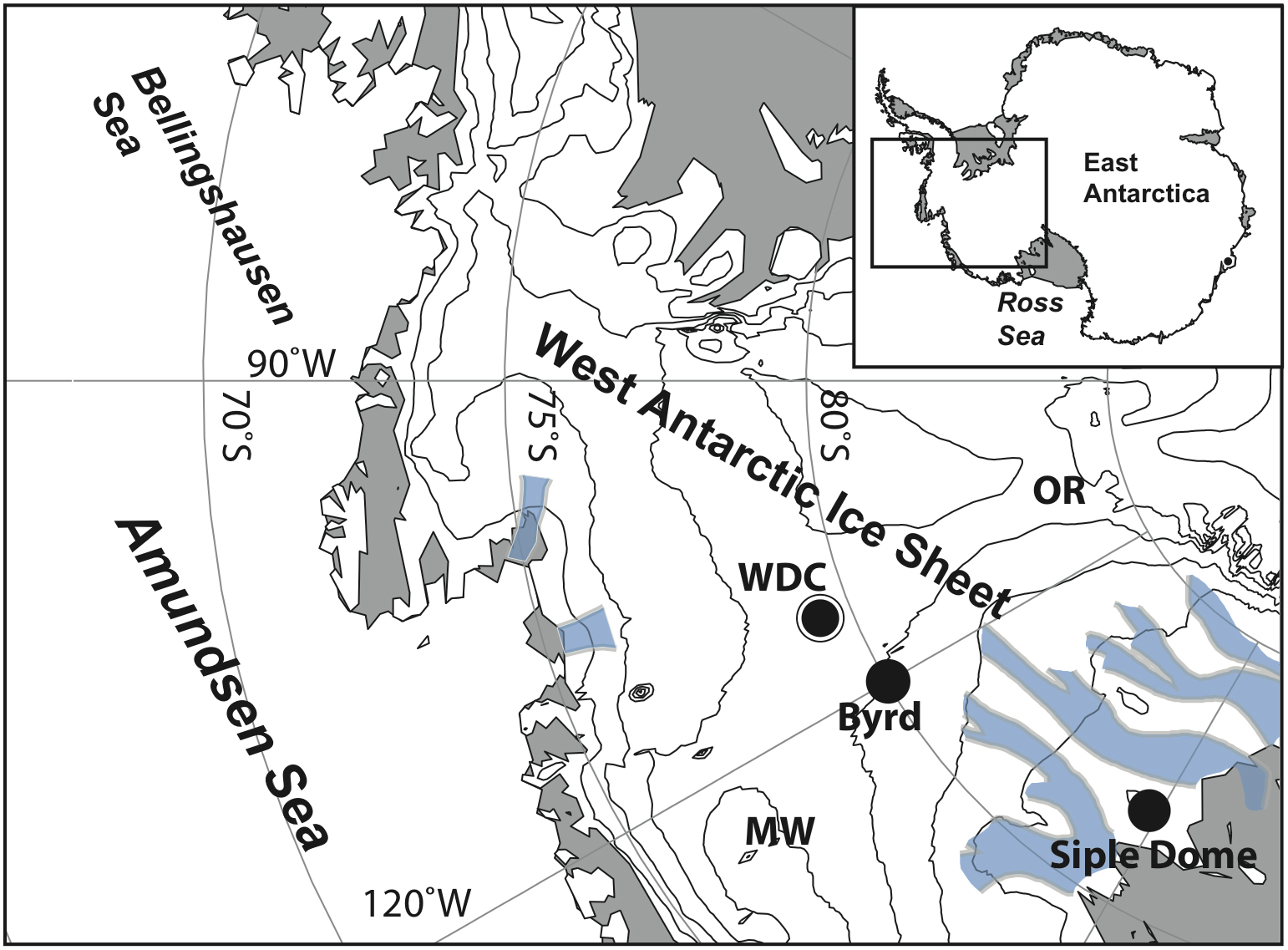
The sea ice surrounding the Antarctic is at its lowest ever. Scientists are now worried about the West Antarctic Ice Sheet (WAIS) collapsing. Read to know more.
WAIS on the verge of collapse?

Currently, the sea ice surrounding the continent of Antarctica is at its lowest since the late 1970s. As per the National Snow and Ice Data Centre, while less sea ice is expected in the upcoming southern hemisphere summer, this year is exceptional. The sea ice coverage is merely 1.91 million square km due to warm air, water, and winds. Last year, the record minimum of 1.92 million sq km did not arrive till February 25.
Scientists have previously expressed their concern on the issue. Climate models suggest the possibility of the West Antarctic Ice Sheet (WAIS) collapsing. WAIS is the largest ice sheet on the continent. As per studies, glaciers and ice sheets are exposed to waves and the increasing loss of sea ice accelerates their disintegration and melting. However, scientists are worrying that the melting of sea ice will continue till the summer. The “remarkable” loss equals the rising threat to climate and other animals. The increasing levels of ocean and weather changes also reflect the same.
More on the issue
WAIS is also nicknamed the “doomsday glacier” due to the catastrophic impact its potential collapse has on the sea levels. As per a new study published in Nature on Wednesday, warm water is seeping into the crevasses and terraces- the openings on glaciers such as WAIS. This is threatening its demise sooner than before. “I have never seen such an extreme, ice-free situation here before. The continental shelf, an area the size of Germany, is now completely ice-free. It is troubling to consider how quickly this change has taken place,” stated Professor Karsten Gohl. Gohl works at Germany’s Alfred Wegener Institute’s Helmholtz Centre for Polar and Marine Research
